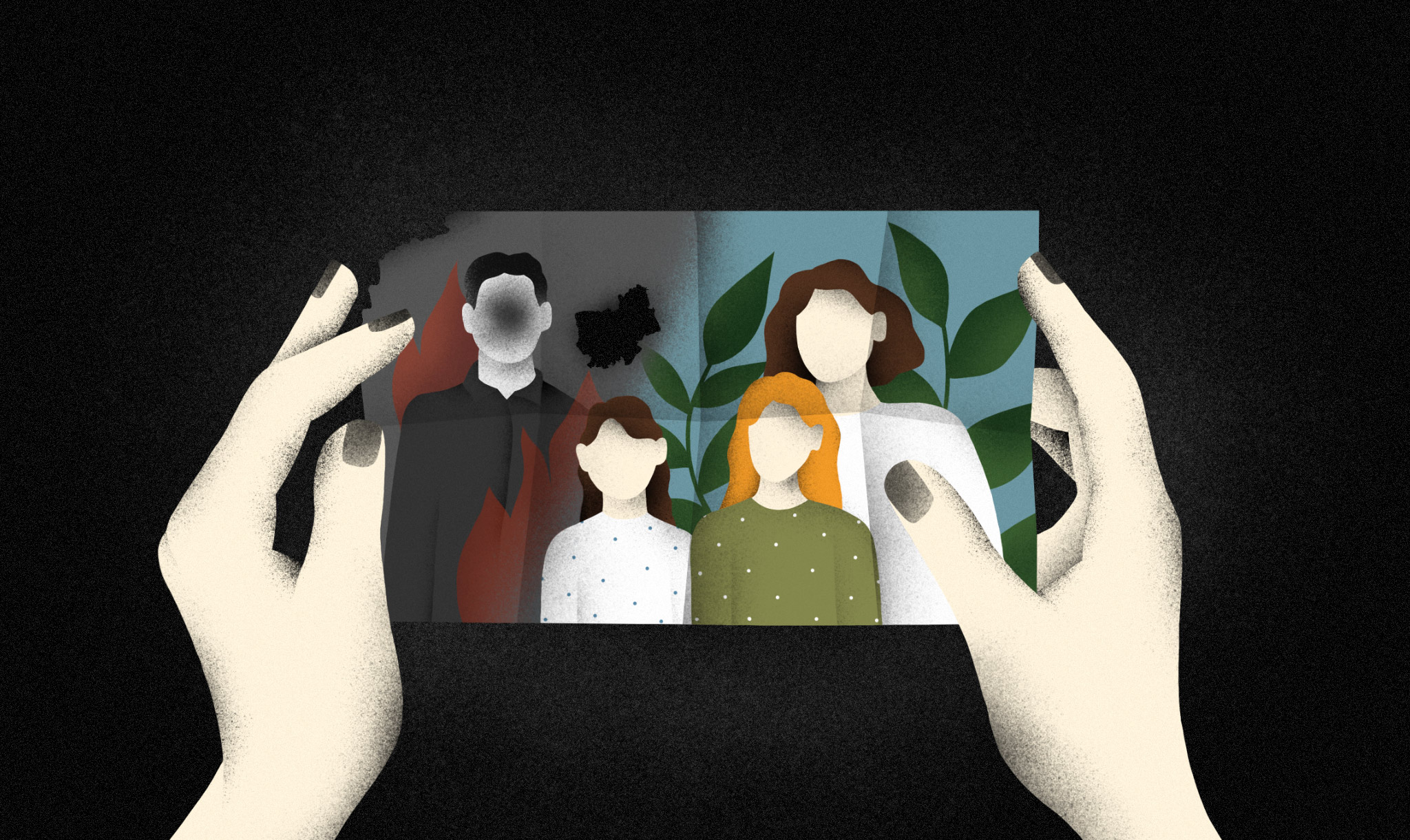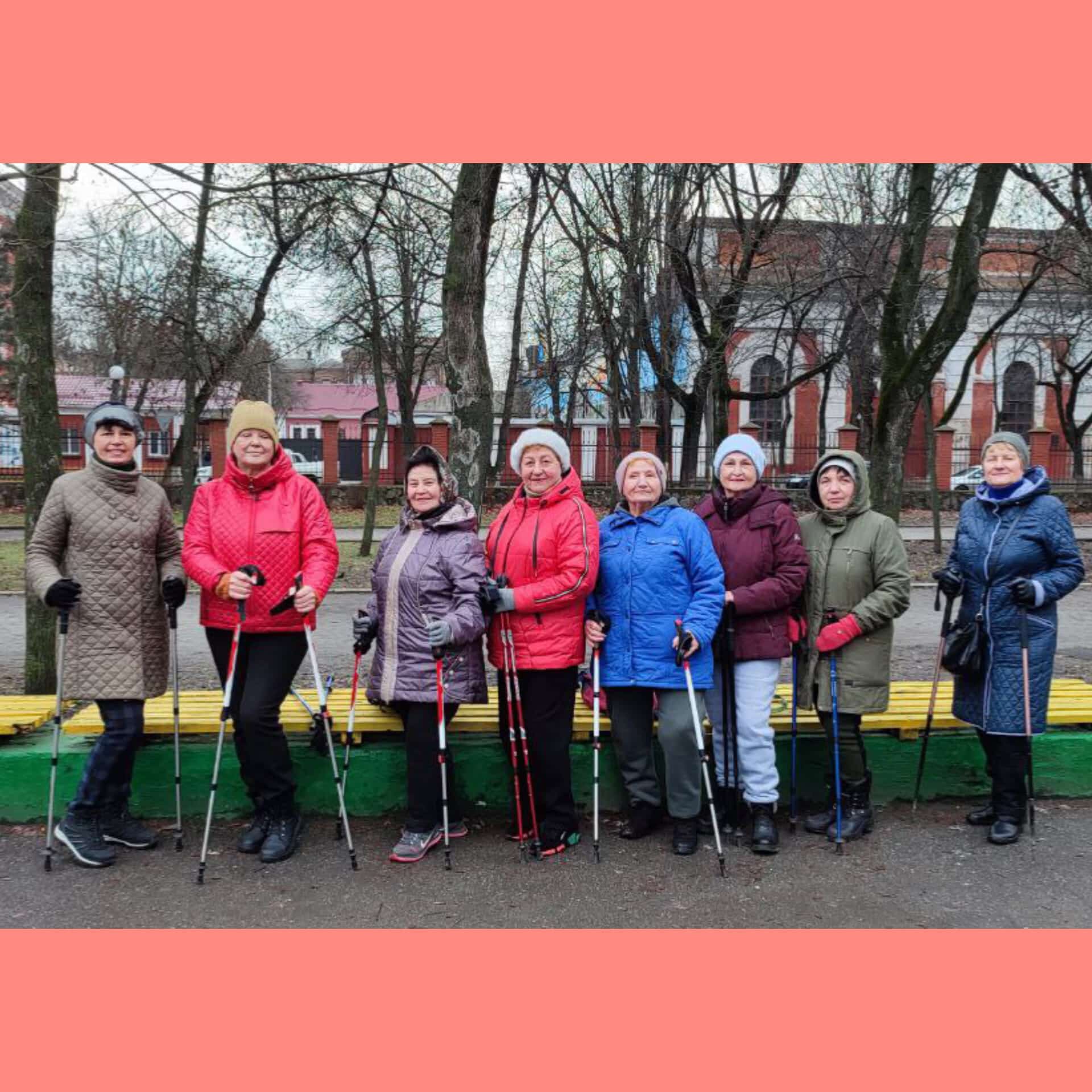This is my own story about domestic violence to which one can never get accustomed. At 14 years of age I periodically had to run away from my own father. However, this year violence has overstepped the boundaries of our family.
I will tell you about loneliness, reluctance of people to help and the inaction of the police who are constantly ‚limited in their actions by law‘ when it comes to protecting the innocent.
Stolen childhood
I was raised in a middle-class family. My father is a businessman and my mother is a nurse. My parents would quarrel quite rarely. They may have raised their voices only because of some domestic issues. Normally, five minutes later they would make it up.
My parents never dissuaded me from developing myself. My every single wish was satisfied – swimming pool, English classes, trips outside the city, you name it. One would have thought that we were an ideal family. The truth was different, though. We simply tried not to interfere with one another’s life and let each other have their own private space.
However, when I turned 14 my life made a U-turn. Back then I did not realize it, but today, when talking to my therapist, I refer to that time as the point at which a tsunami was born. That year we went abroad for vacation, as had been the case dozens of times prior. Right at the beginning of the trip my father began behaving restlessly, always looking for some activities to engage in. We thought he was enthusiastic about the trip. We were mistaken.
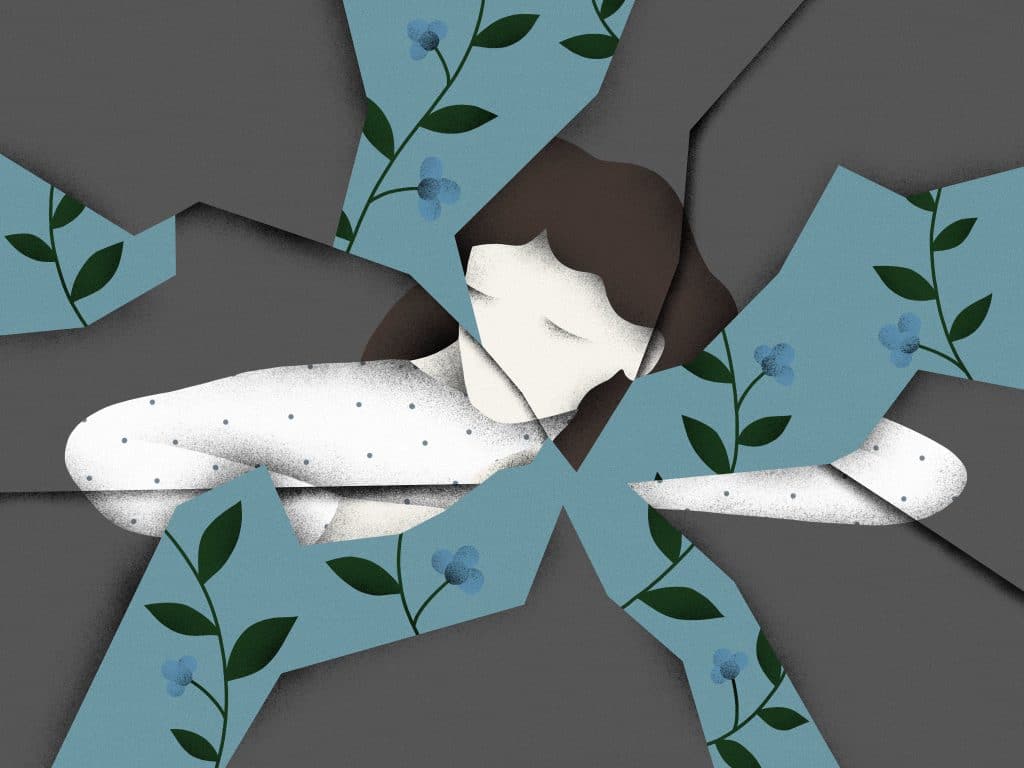
Once we arrived at the hotel, he went on a drinking binge. He almost did not show up in our room, befriending some strangers and spending nights in their company. I saw my mom’s anxious face, however, I could not work out what was going on.
On the eve of the check-out day my father stormed aggressively into the room, intending to tear out tickets apart. I began crying and scratching his back in the hope of causing him pain that would bring him back to reality. This effort of mine did not work.
I have a vague recollection of our trip back home, just as I don’t recall the following weeks after we came back. The only thing that I do remember is that in the fall my dad began to gradually return to normality. At that time I thought I had only had a nightmare which would never repeat itself. Boy was I wrong!
Persecution and divorce
We spent three years living in peace, until I reached the age of 17. I vividly remember that period: I was preparing for state and school examinations, worrying about my future. Apart from these worries, another concerns piled up: my dad started drinking again. It was like a throwback to the past, when music was blaring late at night, with my dad losing his sleep and constantly calling someone while my mother was sitting in tears. Things got worse with every single day. Besides insomnia and over-energetic behavior, my dad became aggressive. He became curt with my mom, attacking her verbally. My mother then began sending me to spend nights at her friends’. I remember sleeping at my schoolmates’ places, while their mothers were in tears talking to my mom. There was nothing I could do about it. The thing I understood back then was that things could not go on like that forever.
My mom filed for divorce. Amid all this stress it was by a miracle that I enrolled at university. When my father ‚cooled off‘, my mother and he began living together again. They started talking, she was insisting on him having to stop drinking and change his ways. It seemed that he agreed to it, but it did beg the question whether this would last for long.
I learned the answer when I turned 20. Again, just like according to the schedule, my dad returned to the state I feared the most. He put off weight, shaved his head for some reason and began listening to Russian chanson. In parallel, he was buying up clothes and unnecessary antiques. He was befriending someone I did not know and would spend time with them. The days turned into a dreadful series when I would fall asleep praying to God and asking Him to put an end to this.
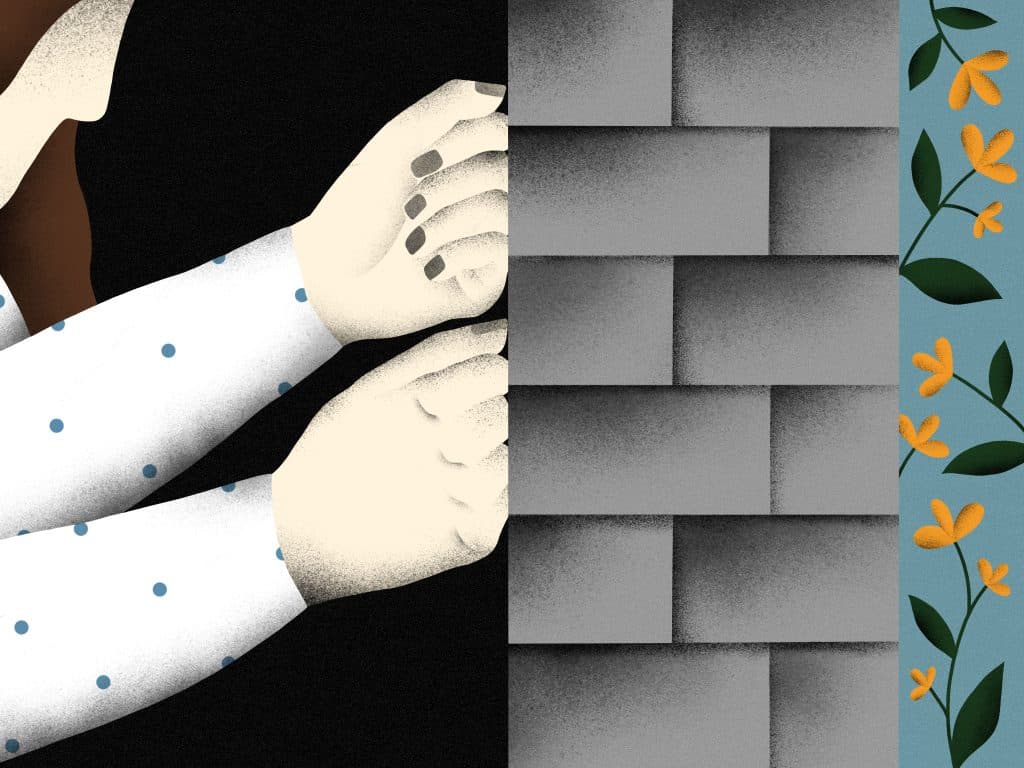
By that moment my mom had been convinced that my dad had mental issues. She noticed all his ‚symptoms‘ that she would normally see in him during his bouts. She was searching for answers. Her research revealed that he was suffering from bipolar disorder. This was later corroborated by three therapists to whom I described the situation and who treated me.
Bipolar disorder (BD) is, roughly speaking, a situation when the person is subjected to their cycle moods, i.e. mania or depression. At times these two conditions are interrupted by the state of rest or intermission. In a state of mania people hardly sleep, while talking a lot and acting as if they cannot keep their active mood to themselves. They often drink alcohol or use drugs. The state of mania can manifest itself differently, being sometimes accompanied by rage. Then a person becomes quite aggressive and capable of irreversible actions. When in depression, people affected by BD seem to ‚die down‘, lying exhausted on bed and feeling enfeebled.
Nobody would believe our ‚bipolar disorder‘ story. Nor did they buy my confession of our family being in trouble. When I cried, asking my old friends for help, they would tell me, ‚Stop lying! You’ve got an ideal family‘. My dad would at times storm into our house and smash things inside. When we called the police, they would tell us, ‚There’s nothing we can do about it. You have to file a report’. The matter rested there. They did not detain my father for at least a couple of hours for his behavior or for threatening the lives of others. My mom turned to my dad’s colleagues for protection, but her request was declined. My grandmother thought we had to revive our family.
We were left all alone, grieving and fearing for our lives. This state of despair scared me the most.
I have a vague recollection of how that period came to an end. I have a few flashbacks – my dad breaks into my mom’s flat while my new friends are trying to pull him back. Another flashback – I am experiencing a panic attack in a forest while my friends are trying to console me. Yet another flashback – I am banging my head against the floor, yelling, ‚Why me?‘.
After this my parents parted their ways for good. My mom said she had done her best to save the situation. We began living separately, trying to build our own life. The only thing I did in the end was to come to my dad all in tears, asking him to undergo treatment. He refused, saying that my mom would claim that he was sick, which in fact he was not.
Five years passed. I took a new job while my mom was busy starting a new life. However, we were aware that a new crisis was in the offing for which we had to come prepared. My dad would not leave us alone in that terrible state of his. My mom was a thorn in his side, so he would constantly phone or even stalk her. He would curse my grandmother, accusing her of ‚doing something wrong‘ or just ‚being a witch‘. To him I was a ‚prodigal‘ daughter, of which he did not miss the chance to remind me. It was his habit to all of a sudden think of us in that state, wanting to do something about it.
Therapists and the detention center
The following five years were marked by relative quietness. My mom began recuperating after what she had experienced, while I was pursuing a career as a journalist. Based on my childhood experience, in my profession I focused my attention on social issues by writing stories about women who were exposed to violence. I did interviews with therapists and even began shooting social videos about people suffering from mental ailments.
It was how I came to realize why people who have been affected by violence are not protected in this country, and also why other people find it so hard to believe that mental disorders are the same illness as bronchitis or stomach ulcer.
I turned to the help of therapists myself as I understood that the experience I had gained before had a bearing on me. I slept poorly, shuddering at any scream or loud sound, which made me fall into hysteria. At 23 I went through my first clinical depression, having started seeing therapists. Their diagnoses ranged from PTSD to BD. I knew one thing – whatever diagnosis was correct, I definitely needed treatment since my mental health failed.
Pills became my best friends. I had to radically change my rhythm of life, learning to choose between what I wanted and what I needed. Nevertheless, for the first time in my life I came to realize that I was on the right track that would lead me to healing.
That is how things were until last summer. I received phone calls from people from my native village who said that my father began regressing again – parties with alcohol, night calls, shopping and irritable conversations with me. I felt that the trauma I had forgotten was coming to the surface again. My defense mechanism already raised alarm, however, I did not make the decision to steer clear of it. ‚I can’t take it any more. I want to keep living’… these were the thoughts popping into my mind.
I did my best to stay away from it to keep my mental condition intact. However, a phone call in mid June threw me off balance.
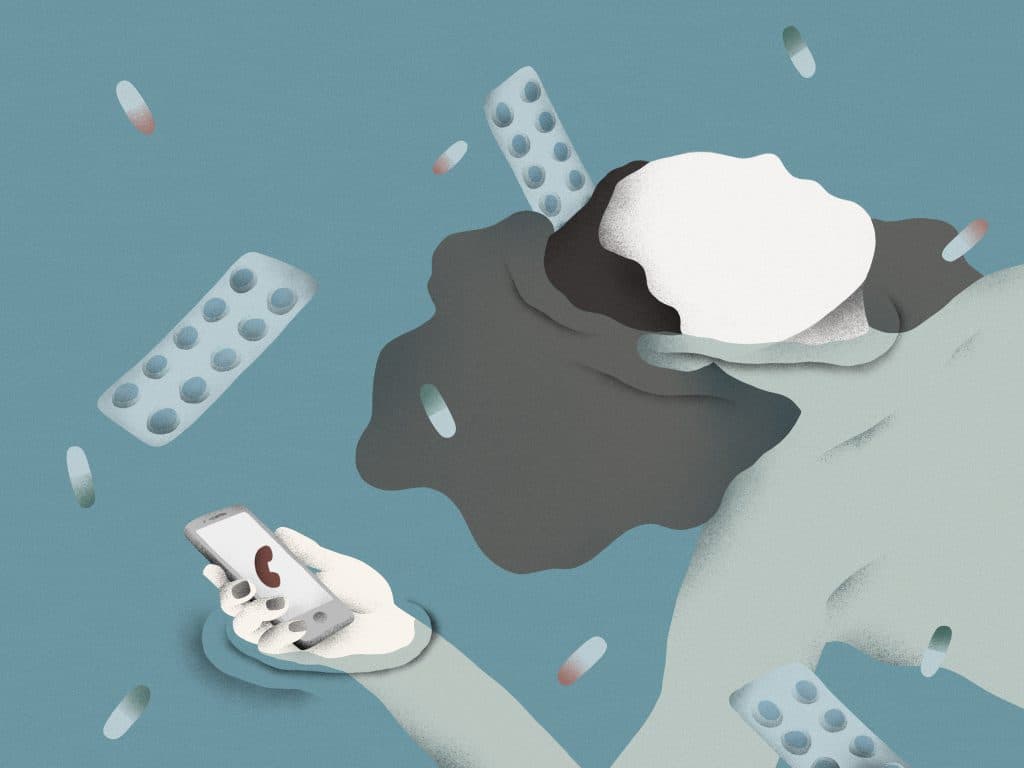
Acquaintances of my father’s told me he was sent to the detention center by a court decision. He was accused of having inflicted bodily injuries on a person. My father had allegedly attacked his cousin with whom he had been on a drinking binge in one of the villages in Kyiv province. There were witnesses who heard cries. The cousin ended up in the intensive care unit in a very serious condition. He could not breathe independently.
It triggered me. I could not calm down with thousands of thoughts crossing my mind, from ‚my father is a murderer‘ to ‚dear God, I knew this would happen one day‘. Therapists had warned me about this before – if my father were not to undergo treatment, his illness would progress. What was I supposed to do with my father refusing to get any help?
A few days later the poor cousin died. Proceedings against my father were reworded to ‚inflicting bodily harm that led to death‘. He was facing a possible 7 or 10-year sentence behind bars. I decided to speak to a lawyer to at least somehow rectify the situation. I asked him to defend my father along the ‚he had BD‘ lines as he committed a crime without being aware of it. To prove my point, a psychiatric examination was needed. The lawyer laughed at my suggestion, saying that my father would be sent into the lunatic asylum and pumped with medications. ‚Is that what you want?‘, he asked me.
However, other lawyers to whom I spoke told me that this was the only way out for my father. To undergo treatment was his constitutional right. Also, who could guarantee that in the heat of passion he would not assault someone in prison and that they would not succumb to wounds?
However, nobody took my suggestion into account. I have gotten used to it since for most people those suffering from mental disorders are just regular psychos who ‚are injected with medications at hospitals until they die‘. I then talked to therapists from my friends circle. We came to the conclusion that I had to let it go in order to save myself.
No sooner than 2 months later my father was placed under house arrest. Everyone involved in the process was shocked by the verdict. Very rarely are people suspected of such a crime released. The first thing I did after the hearings was call my mom and tell her to stay alert since my dad was threatening her back in the detention center. I knew he was not going to spend time home, so I asked the lawyer about what would happen if my dad would step outside his flat. He said he would be sent back to the detention center right away.
The hearing was fixed to a much later date than usual. On the first day of his house arrest my dad left the apartment and called my mom. The first two weeks he drank and assaulted people, threatening to kill them. Twice he damaged drains and tore nets in the apartment of his cousin who called the police twice. My father damaged a door and property of his neighbors. After they called the police he came to them and threatened to kill them. He broke into my mom’s house, having smashed down the roller shutters at the entrance door and the windows. Neighbors came after they heard my mom scream. I was talking to her on the phone at that moment, thinking that I heard her voice for the last time.
In all of these incidents the police could not do anything about my father. People would file a report, the police would take him home and leave. When my father visited these people once again, they would simply lock themselves up in their apartments. ‚What’s the point in calling the police if they are not able to do anything?‘, they said.
Local police officer was in the know about every incident related to my father. However, only one week and a half later he contacted an investigator. My sister learned about it from the investigator himself whom she managed to contact. She asked him why it took them so long to investigate the incidents. The answer was, ‚Am I supposed to bother you after each single trifle?‘.
I kept calling the police hotline all the time. I was redirected to another police unit billions of times. I was assured I would get help. It all ended with the local policeman. As far as I understood, he was supposed to compile something of a report and mail it to me. He kept assuring me that everything was under control for a long time. Nevertheless, we have not received the report as of yet.
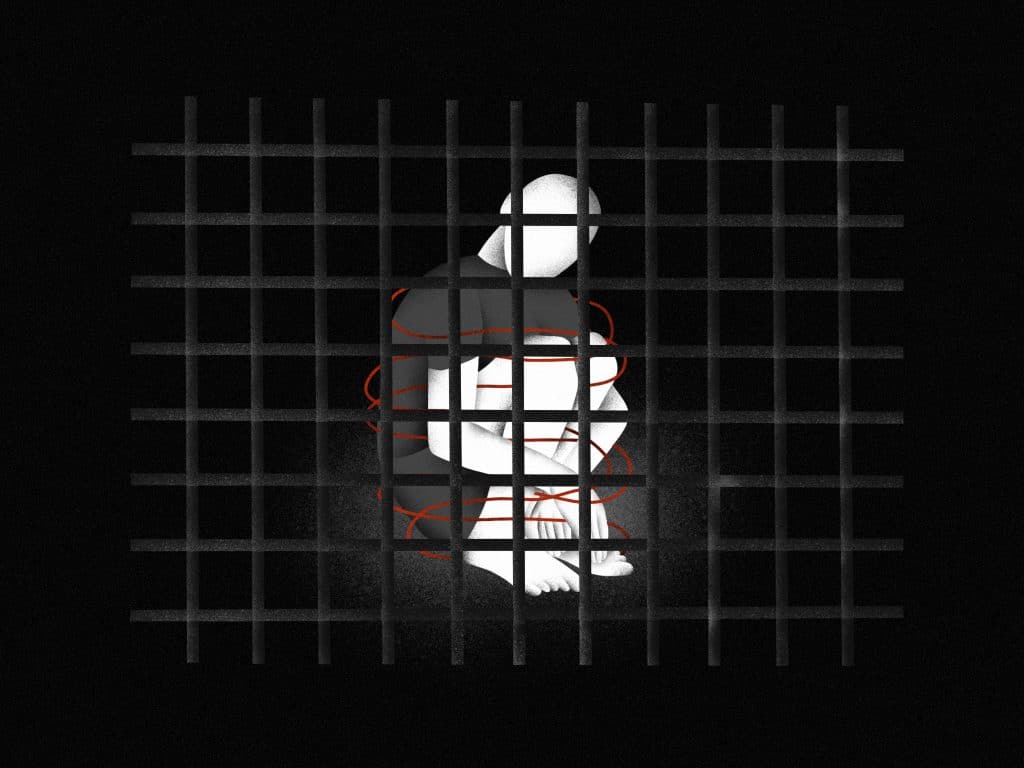
In theory, the moment you are subjected to domestic violence, you have to call the police first. You are offered many options for how to proceed next, i.e. seeking help from foundations, public organizations or the government. For instance, you can:
— call the government hotline at 1547;
— or the hotline set by La Strada Ukraine at 0 800 500 335 (from a stationary phone) or at 116 123 (from cell phone).
Specialists counsel on each particular incident and can even offer legal aid since those affected by domestic violence have the right to sue the offender.
However, does this really work in practice? I did call hotlines. I was advised to call hotlines of relevant ministries and institutions. I was also given contacts from whom I could get free legal aid. However, I was offered nothing else. It was the maximum they could help me with at that stage.
Those people who filed reports called the police several times, but the officers would simply leave. I don’t want it to sound fatalistic, but it turns out that at the critical moment you are left face to face with your problems, although the protection mechanism does exist in theory.
I am not sure as to what worked in our case, the report filed by my mother, the call to the police officer or investigator or the collective complaint sent by my father’s neighbors and the local member of city council. I guess all these factors made their own contribution. I, however, do not think this should be the way. The system is to protect us automatically as soon as it sees that we are in need of protection.
Why can’t the police apprehend a potentially dangerous person so that they do not do any harm to others? Or why not call the ambulance and have therapists come if the need for them is obvious?
I hope these drawbacks will soon be done away with. The most important thing for now is not to remain silent. It is even better to keep talking and break walls for the sake of obtaining your legitimate right for protection.

